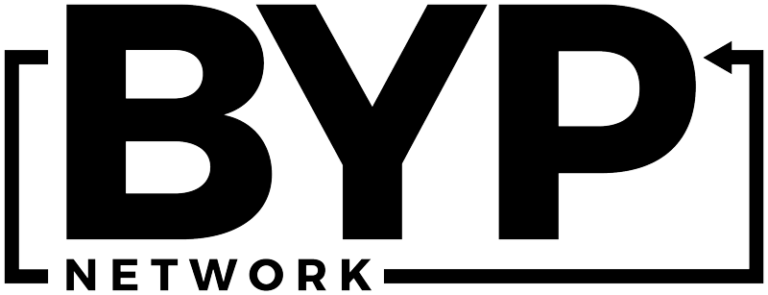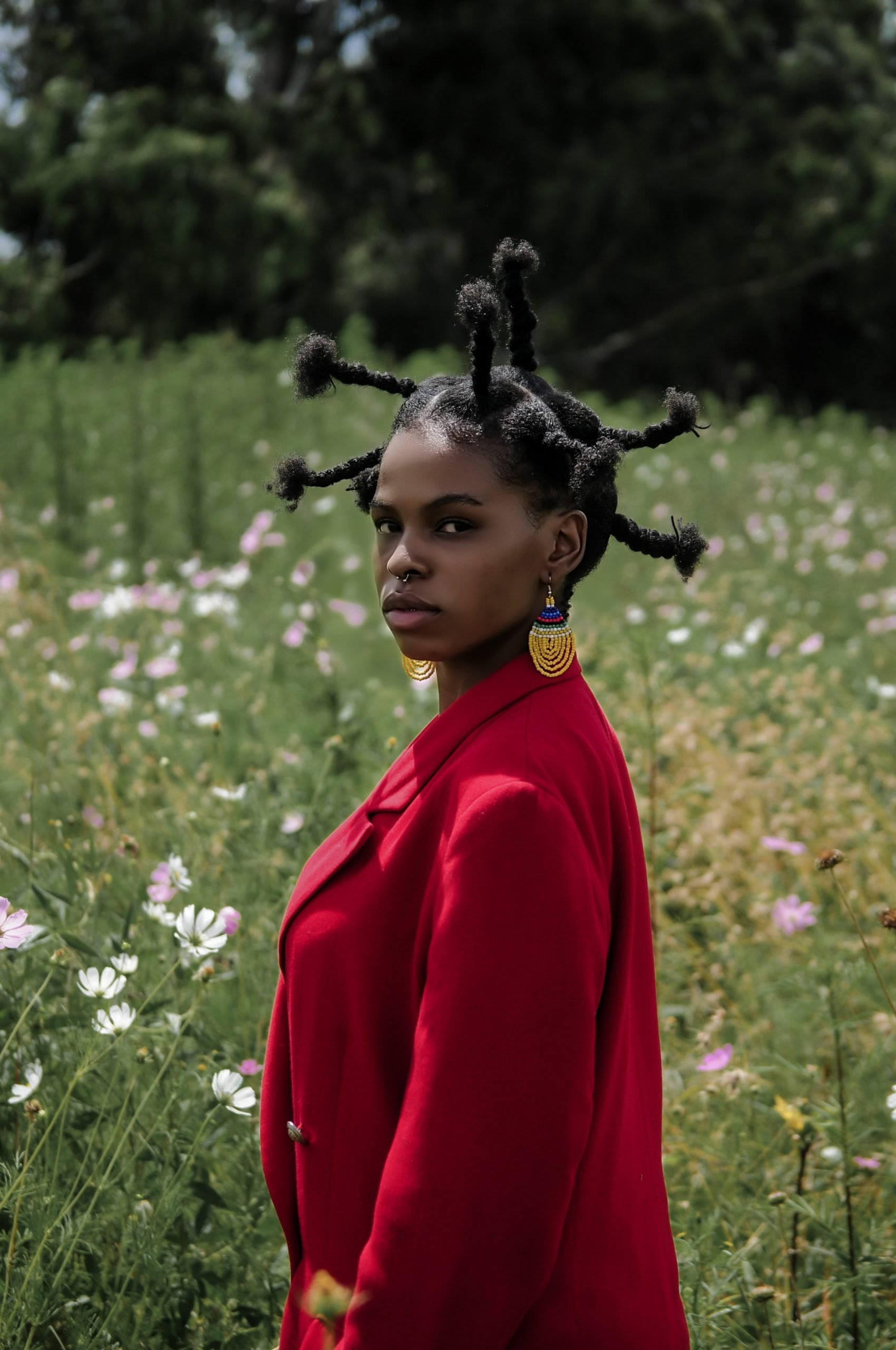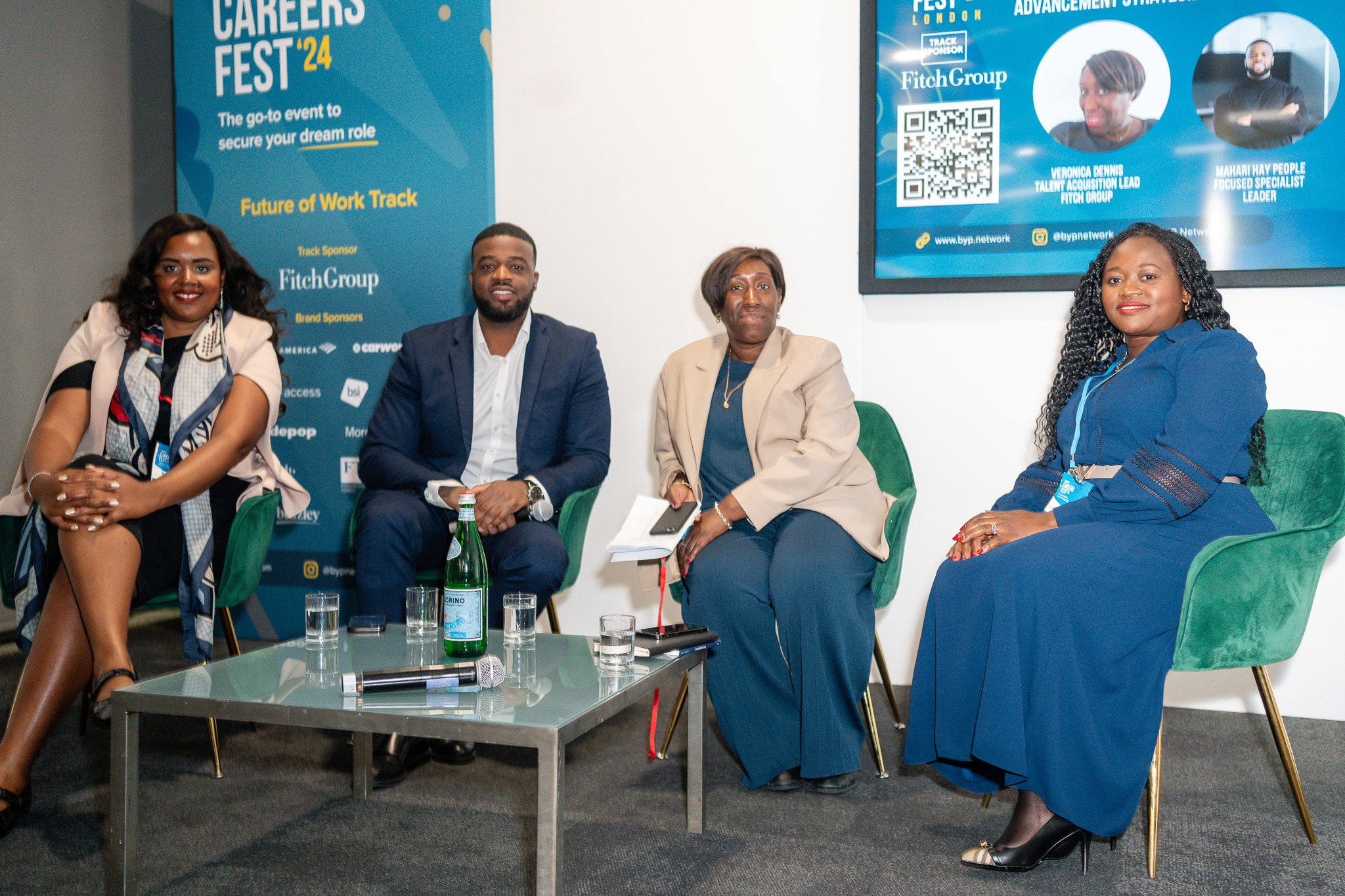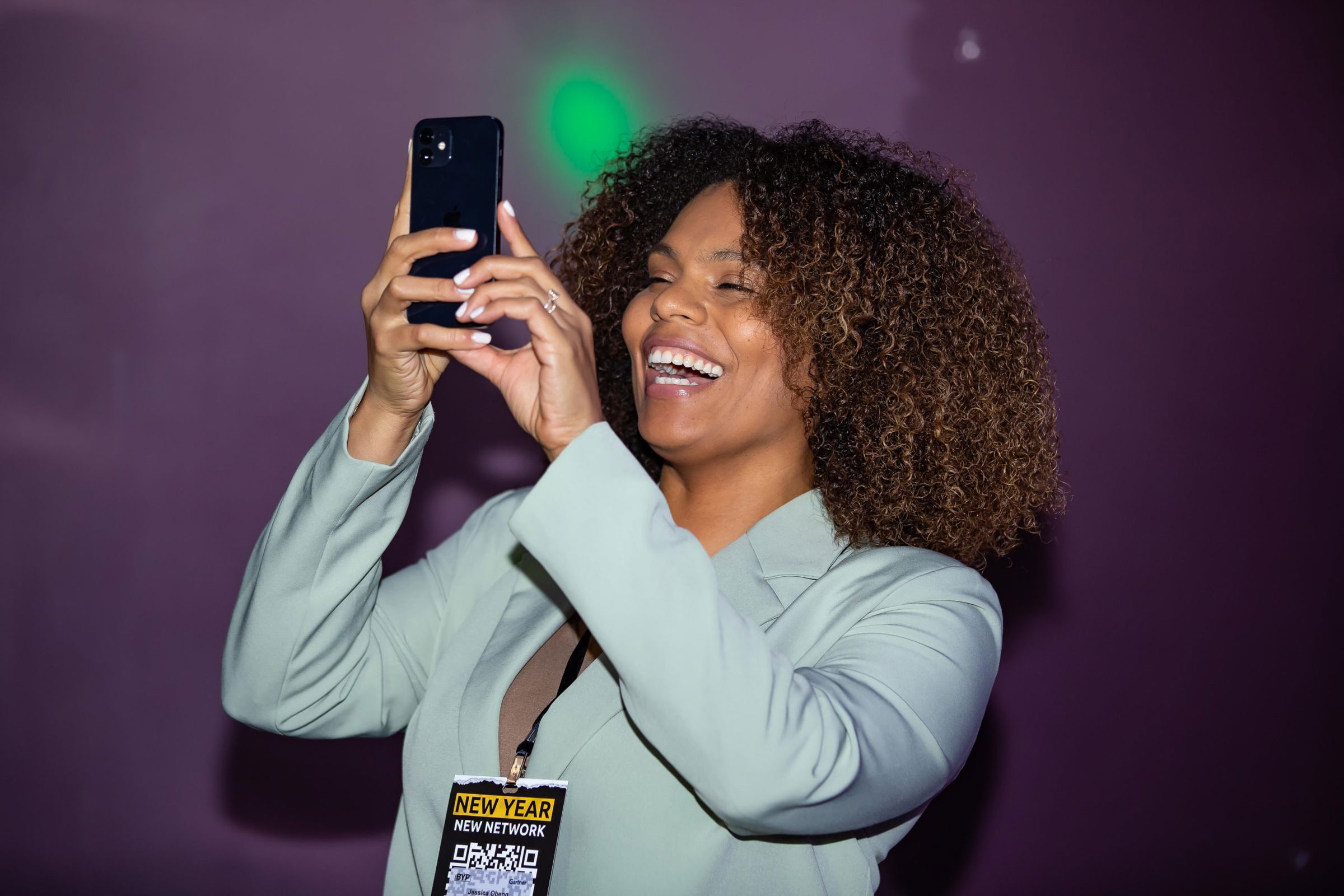Whether it be a full ‘fro, lovely locs, magnetic coils, or anything in between, the beauty of Black hair is a source of pride — and rightfully so. In ancient Africa, hair and hairstyling were considered sacred and spiritual. In many tribes, such as the Yoruba, hairstyles like braids were meant to send messages to the Gods.
Lamentably, many Black and minority women face discrimination against our natural tresses. Known for its dedication to natural beauty and body positivity, Dove is stepping in to challenge bigotry and make changes.
The Detriments of Hair Discrimination In The Workforce
Whilst the natural movement welcomed a swarm of hair influencers, styles, and brands, it highlighted long-standing prejudices and stigmas associated with textured hair. For far too long, biases against natural hairstyles have interrupted the progress of Black professionals, particularly women. Deemed unprofessional, natural Black hairstyles, such as braids, afros, and locks, have been quietly shunned, forcing Black professionals to straighten their natural locks to fit into non-Black work environments.
According to the 2023 CROWN study, Black women’s hair is 2.5 times more likely to be deemed unprofessional. The study also shows that Black women are 54% more likely to feel they must wear their hair straight for a successful job interview. Similarly, Metro UK reports that 72% of Black people between 18 and 24 have experienced hair-related microaggressions.This kind of discrimination affects mental and physical health. Studies show those who endured higher amounts of racial microaggressions suffered from increased levels of anxiety, depression, and behavioural issues.
Dove and LinkedIn Partner to Stop Hair Discrimination
On a mission to change the way the professional world views Black hair, Dove and LinkedIn have teamed up with the Crown Act to stop hair discrimination at its root.
The initiative provides all LinkedIn users free access to 10 workplace diversity and inclusion courses. The programme also focuses on uplifting Black voices on platforms like LinkedIn and Instagram, featuring the hashtags #BlackHairIsProfessional and #PasstheCROWN, respectively.
The movement is already gaining traction, with Black women sharing stories and experiences across both platforms.
Cemona Martin (@mrs_se_moh_nuh) writes on Instagram, “For a long time, every time I had to interview for a job… the most important thing was WHAT AM I GOING TO DO WITH MY HAIR??? Whether I have blue braids or an afro puff bun, that’s how I will interview. My hair doesn’t define me or my job capabilities.”
Ria-Jane Lincoln tells a similar story on LinkedIn of straightening and slicking back her hair for the workplace. Recently, she’s learned to embrace her natural locks. “Thank you, LinkedIn and Dove. I LOVE my curls, and I will never pat them flat again.”
BYP Peer-to-Peer Support
A support group is crucial to end hair discrimination at work, as demonstrated by Dove initiative. Connecting with over 100K Black professionals can help navigate challenges in the workforce and understand experiences. Learn more about joining or starting a BY-Peer group here.
Understanding the Black Experience
BYP offers a CPD-accredited online course on the Black experience at work, including microaggressions and biases. Share your course completion certificate on LinkedIn to encourage others to develop awareness of Black experience at work. It takes just 2-3 hours, take a look and sign up for the course now.






